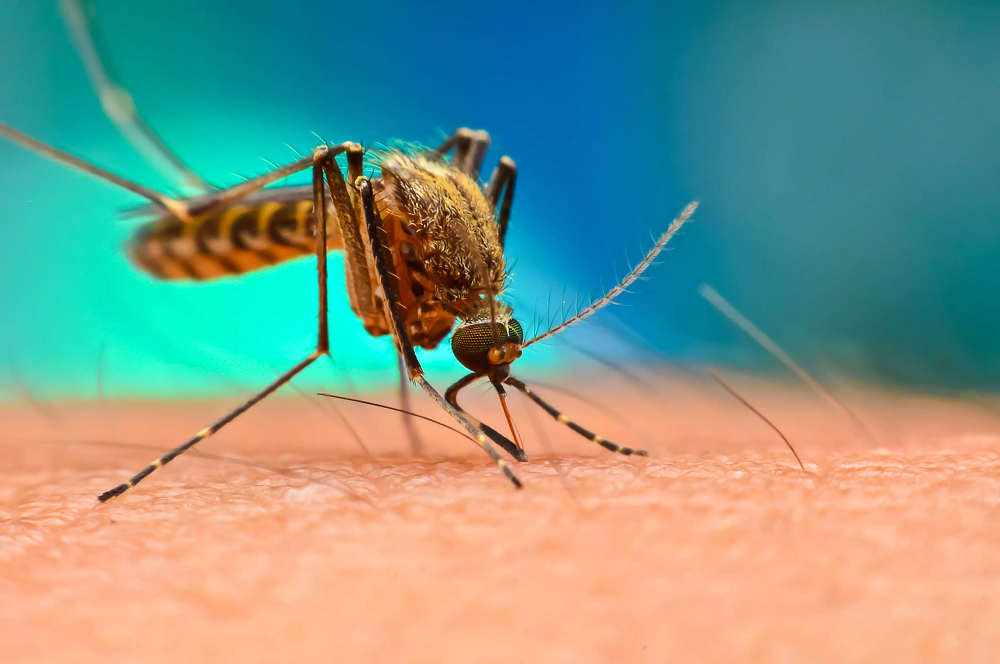To avoid dengue fever, Dr. Chua Ying Ying, Senior Consultant in the Department of Infectious Diseases at Singapore General Hospital, has some advice (SGH).Dengue fever may be avoided by taking the necessary precautions to protect yourself and your loved ones:
- To avoid being bitten by mosquitoes, take precautions.
- Ensure that there are no places where mosquitoes may breed, both inside and outside of your home.
- Avoid areas where mosquitoes may be present.
If you live in a dengue cluster or are planning a trip to an area where mosquitoes or dengue are a concern, keep the following facts in mind. Here are the Effective ways to protect your family from dengue fever:
Insect repellents containing DEET are the best option.
For clothing and flesh that is exposed, enough should be used to completely cover the area. Don’t apply it to your skin when you’re dressed in clothing.
- Do not apply it to any cuts, wounds, or inflammatory areas of skin.
- Only a little quantity should be applied to the ears, and not near the eyes or mouth.
- Avoid getting sprays straight on your face at all times while using them. Before applying it on your face, spritz it on your hands first. Your hands should be cleaned after that.
Do not allow children to come into touch with a repellent in any way. You should first apply it to your own hands before applying it to the child. You won’t mistakenly get it on the child’s skin this way. Don’t let it get into the hands of youngsters under the age of 12.
- Insect repellent should not be used on neonates under the age of two months.
- Wear long pants and sleeves, as well as a long coat, to keep your arms and legs covered.
- At night, use a mosquito net to keep mosquitoes away from your bed.”
You or your child should cease using the repellent immediately if they develop a rash or any other adverse response after using it. Dr. Chua Ying Ying advises that you seek medical assistance if the problem does not improve.
On the subject of dengue disease
Humans acquire dengue fever when an infected Aedes mosquito bites them, which is spread by the dengue virus. Dengue fever symptoms include:
- A severe headache
- Fever
- Aches and pains in the joints
- Nausea
- An ebb in one’s appetite
- The skin is covered with rashes and blisters
- Vomiting
- Bleeding from the mucosa
Dengue fever has no known treatment, although resting in bed and consuming enough of fluids are essential. A complete recovery is achieved in the majority of patients in less than two weeks.
Mild to life-threatening symptoms of dengue fever include dengue hemorrhagic syndrome and dengue shock syndrome.
Conclusion
Dengue fever is divided by the WHO into three levels: mild, moderate, and severe, with mild being the most contagious. For this reason, it’s critical to recognize the warning signs of severe dengue, which include abdominal pain and vomiting that won’t stop, mucosal bleeding, sleepiness, and fluid accumulation. A severe variant of dengue may develop even in persons who show no signs of the illness. Severe dengue symptoms need hospitalization and rapid emergency treatment.


